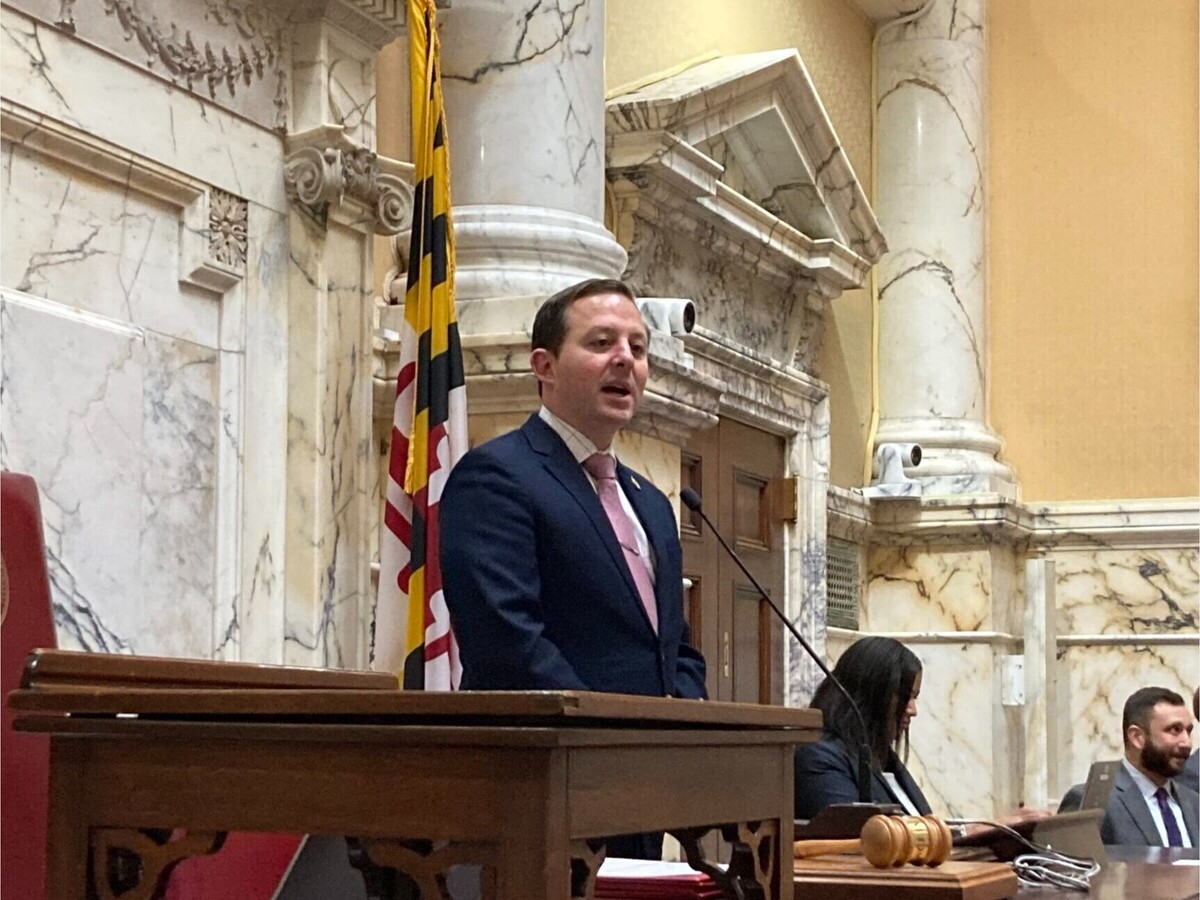Image


By Steph Quinn
Capital News Service
ANNAPOLIS, Md. — Almost two years after passing landmark youth justice reform, Maryland lawmakers are scrutinizing its impact on young offenders – and questioning whether they’ve done enough to make things better.
The 2022 reforms were meant to help more young offenders avoid incarceration and get on the path to rehabilitation. But with spikes in auto thefts, carjackings and handgun violations by youth around the state, lawmakers on both sides of the political aisle are thinking about refining and updating the reforms this year.
Senate President Bill Ferguson, D-Baltimore City, said there is an agreement taking shape among lawmakers who want to smooth the process for referring young people for rehabilitative services. State agencies have the resources to help kids and families, Ferguson said, but a lack of cooperation sometimes gets in the way.
He said one thing in need of improvement is the Child in Need of Supervision process, which lets law enforcement refer young people to Juvenile Services for assessment and programs when they get into trouble.
“What happened over the last few years is that the CINS process never led to actual conversations (or) collaborations amongst agencies that have various resources to surround the child with those supports,” Ferguson said this week.
In their quest to change the law, lawmakers are motivated both by complaints from constituents and by a sense that youth crime is on the rise. While youth violent crime arrests fell 16.5% overall between fiscal years 2022 and 2023, according to a Juvenile Services report last year, carjackings increased by 85.4% and handgun violations rose almost 220%. Auto theft grew 64.6%, doubling between 2022 and 2023.
Some Republicans blame the reform itself, and some prosecutors are joining them in seeking improvements. Last month, State's Attorneys Aisha Braveboy in Prince George's County and Ivan J. Bates State in Baltimore City outlined several changes they are seeking in the juvenile justice system, including increasing probation for misdemeanors involving a juvenile who illegally takes a vehicle or possess a gun.
Among the 2022 reforms, the law set 13 as the minimum age for a young person to be sent to juvenile court – except in cases of violent crime, where the minimum age is 10 – and prohibited police from interrogating youth without letting the child consult an attorney.
Improvements in the law under discussion
Democrats are engaged in discussions that could produce a more sweeping set of improvements in the coming days. Gov. Wes Moore’s office is also involved in talks and expects that like-minded lawmakers may introduce legislation aimed at improving the current law.
Sen. Jill Carter, D-Baltimore City, one of several lawmakers concerned about juvenile justice this session, said she wants to see police and prosecutors work together to use the tools the legislature has already given them.
“I think that the most effective thing that could happen is that law enforcement and prosecutors could work within the law, stop resisting it and work more collaboratively, and if they come up with suggestions, they should be data-driven,” Carter said.
Several lawmakers defended the 2022 reforms in a press conference with the Maryland Youth Justice Coalition this week, and urged law enforcement and state’s attorneys to use the tools it set up.
Del. Charlotte Crutchfield, D-Montgomery, said that the reform legislation is “still in its infancy.”
“We know that there are things that need to be put in place to ensure that it continues and that our youth are well taken care of under this legislation,” Crutchfield said.
Prosecutors say it’s not that simple. Juvenile Services officers sometimes see six or seven complaints regarding the same young person before prosecutors are notified, Montgomery County State’s Attorney John McCarthy said during a recent Senate Judicial Proceedings Committee.
“Let us, as state’s attorneys, have what we had before,” McCarthy said, “the ability to have those matters referred to us so that we may put a second additional set of eyes on it.”
Steph Quinn is a student reporter covering the statehouse for UMD Capital News Service.